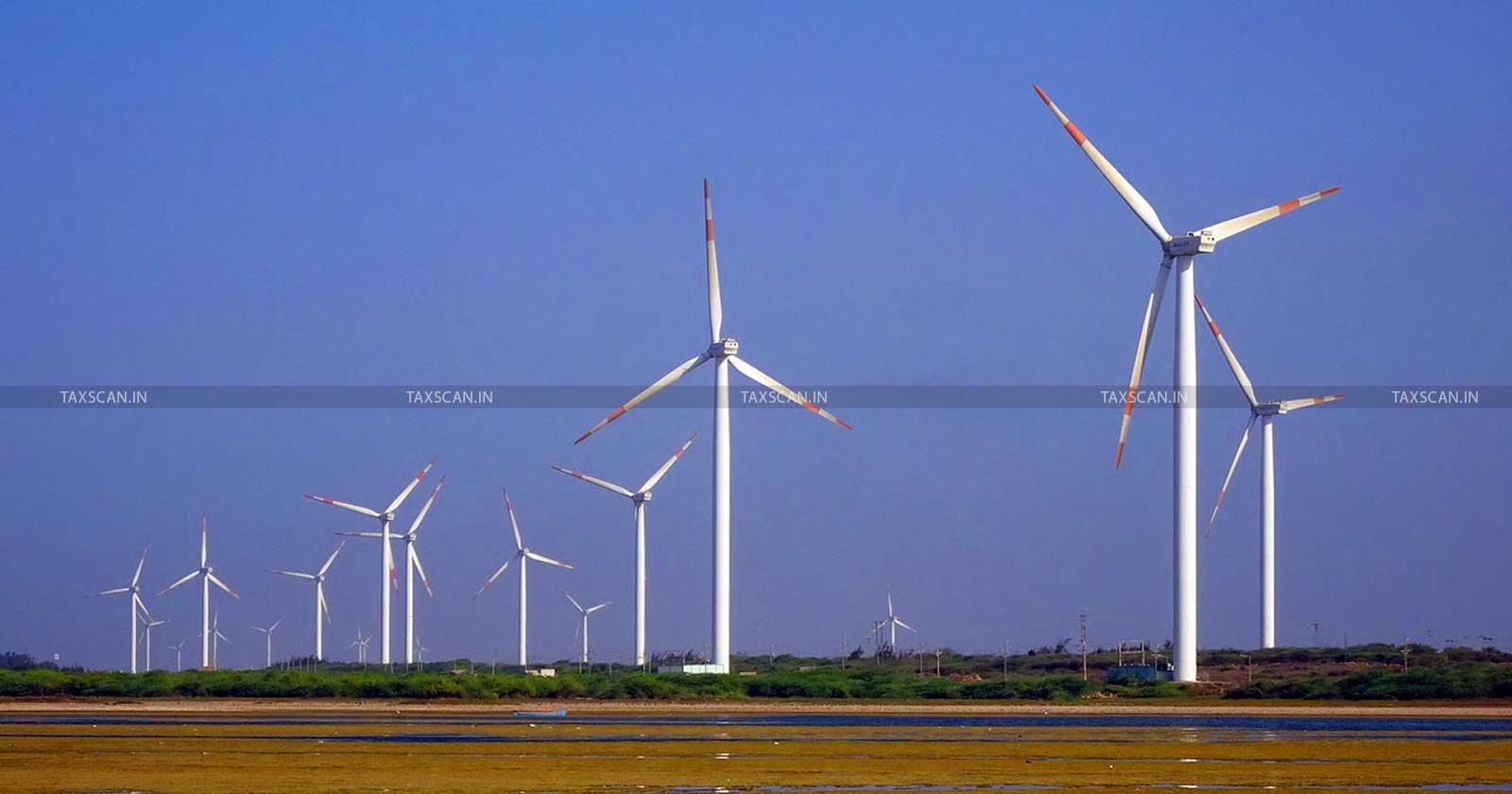Declared Import Value of Melamine from China Not Fraudulent: CESTAT Quashes ₹64 Lakh Anti-Dumping Duty Demand [Read Order]
CESTAT quashes Rs. 64 lakh anti-dumping duty on melamine imports, holding declared value above threshold and not fraudulent
![Declared Import Value of Melamine from China Not Fraudulent: CESTAT Quashes ₹64 Lakh Anti-Dumping Duty Demand [Read Order] Declared Import Value of Melamine from China Not Fraudulent: CESTAT Quashes ₹64 Lakh Anti-Dumping Duty Demand [Read Order]](https://images.taxscan.in/h-upload/2025/06/25/2054219-cestat-cestat-new-delhi-melamine-import-anti-dumpig-duty-taxscan.webp)
The New Delhi Bench of the Customs, Excise, and Service Tax Appellate Tribunal (CESTAT) ruled that the declared import price of melamine from China was above the prescribed threshold and not fraudulent, thereby quashing the Rs. 64 lakh anti-dumping duty demand raised by the customs department.
Goldstar Glasswares Pvt. Ltd., the appellant, imported melamine from China for manufacturing tableware. The company declared a Free on Board (FOB) price of USD 1475 per metric ton, which when including freight and other charges, brought the total landed price above the anti-dumping duty threshold of USD 1681.49 per metric ton.
Live Master Class on Customs Act and FTP, Enroll Now
 Also Read:No Service Tax on Fabrication of Windmill Parts Covered Under Excise Exemption: CESTAT [Read Order]
Also Read:No Service Tax on Fabrication of Windmill Parts Covered Under Excise Exemption: CESTAT [Read Order]
Customs officials alleged that the company had inflated the invoice value to avoid anti-dumping duties and issued a show cause notice demanding Rs. 64.33 lakh, along with interest and penalties. The Principal Commissioner of Customs upheld the demand and imposed penalties on both the company and its director, Arjinder Singh Gulati.
The appellant's counsel argued that the goods were physically examined and cleared by customs authorities at the time of import. All relevant documents, including the anti-dumping notification, were disclosed in the bills of entry. They stated that the declared values were based on actual invoices from foreign suppliers and that there was no intention to suppress facts or evade duty.
The counsel further pointed out that the department had issued the show cause notice more than two years after seizing the goods, despite having full knowledge of the transaction. They contended that the delay could not be justified by alleging suppression, especially when the entire transaction was transparent.
 Also Read:Relief for Air India: CESTAT Rules CRS Services Not Taxable Under OIDAR Due to Data Ownership [Read Order]
Also Read:Relief for Air India: CESTAT Rules CRS Services Not Taxable Under OIDAR Due to Data Ownership [Read Order]
The revenue counsel argued that the company deliberately declared a higher invoice value to remain above the anti-dumping threshold and thus avoid duty. They claimed that such overvaluation amounted to misdeclaration and justified invoking the extended limitation period under Section 28(4) of the Customs Act. They also defended the imposition of penalties, alleging that the company acted with intent to evade anti-dumping duties.
The single-member bench comprising Sanjiv Srivastava (Technical Member) observed that the customs officers had physically examined the imported goods, verified the documents, and cleared the consignments without any objection. It found that the anti-dumping notification had been cited on each bill of entry, indicating that there was no concealment or misrepresentation. The tribunal further observed that the department did not conduct any investigation after the seizure and issued the show cause notice only after a significant delay.
Mastering AI for Financial Innovation, Enroll Now
The tribunal held that the extended limitation period under Section 28(4) was not applicable in this case, as there was no evidence of suppression or fraud. It found that even if the valuation was disputed, it was not fraudulent, and the transaction was at best a matter of interpretation. The tribunal also ruled that penalties under Sections 112, 114A, and 114AA were unwarranted.
The tribunal quashed the anti-dumping duty demand, along with interest and penalties, and allowed the appeals filed by Goldstar Glasswares Pvt. Ltd. and its director with consequential relief.
Support our journalism by subscribing to Taxscan premium. Follow us on Telegram for quick updates


